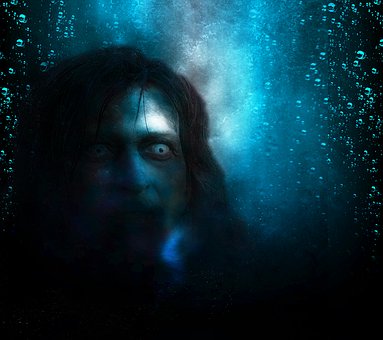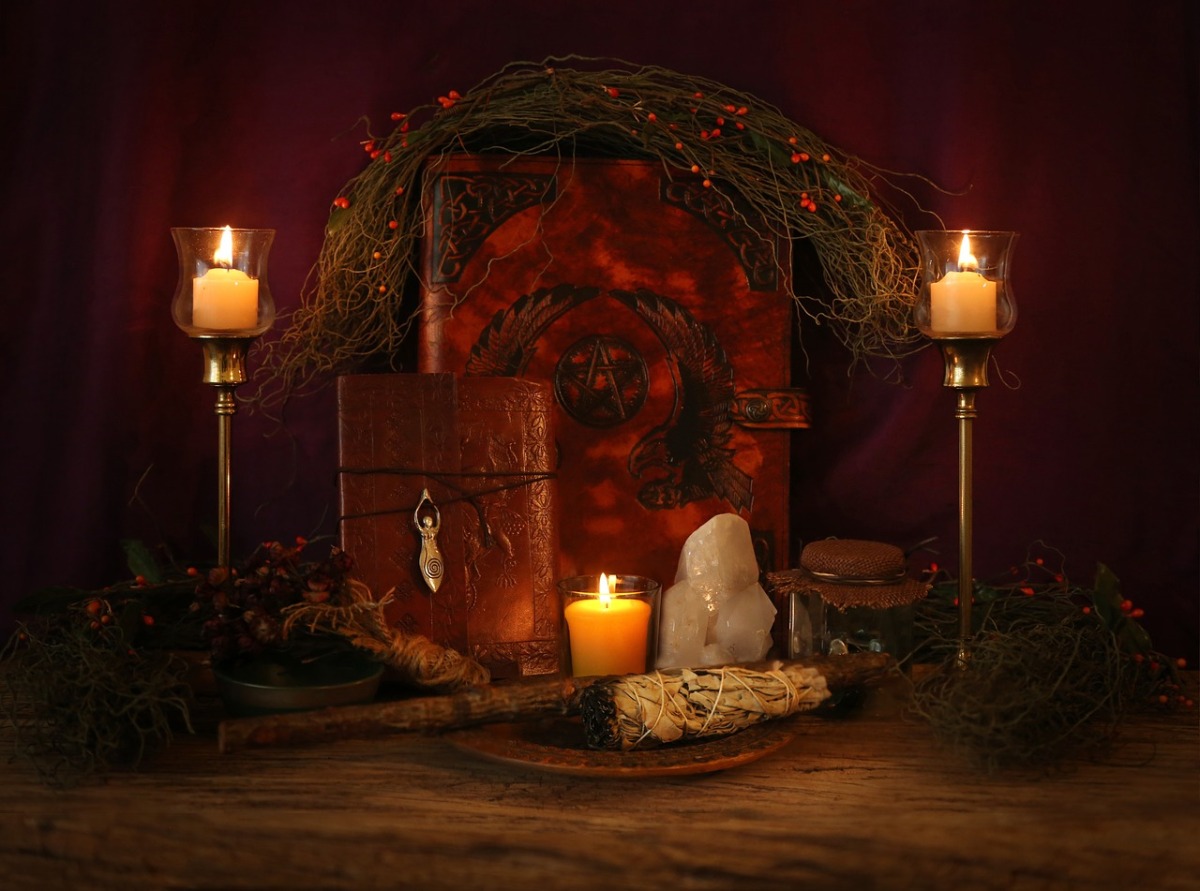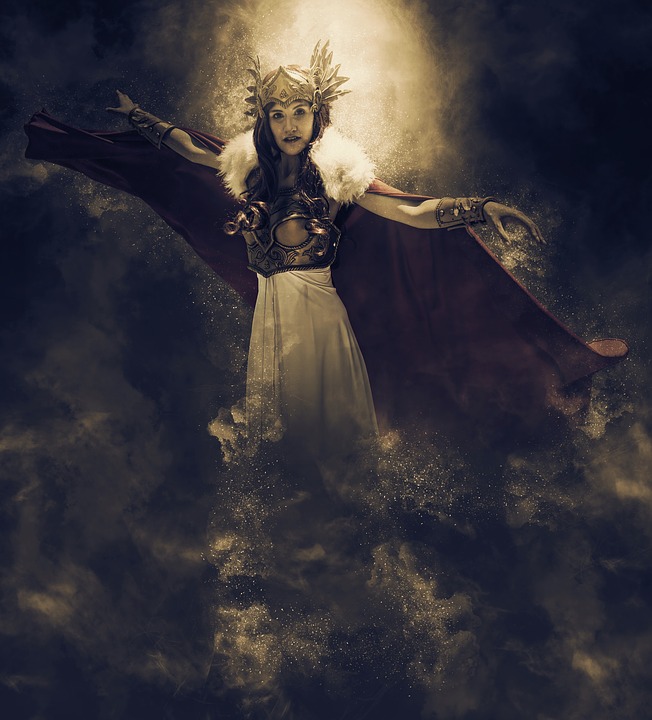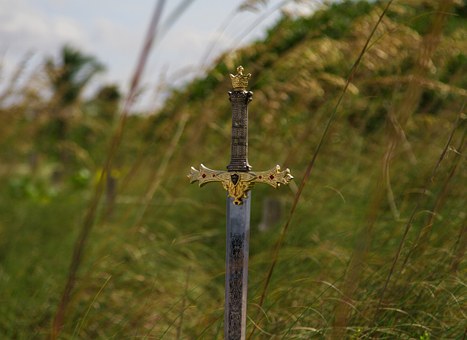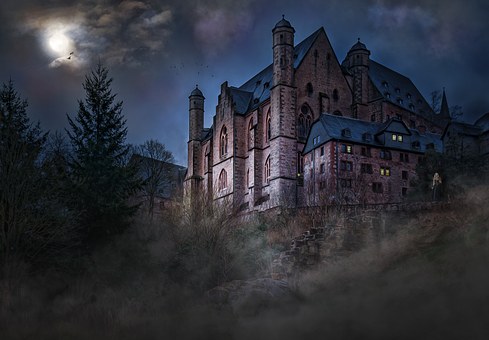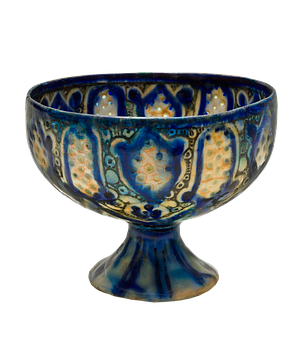by Cyril Korolev
In Russian folklore an Igosha is a household sprite, a handless and legless monster. Legends say that an Igosha is the spirit of a new-born baby who died without being christened. Igoshas lives here and there and are very fond of cruel pranks. To appease one, people should acknowledge his presence loudly, give him a spoon and a loaf of bread at the table – or a hat and mittens for the winter.

